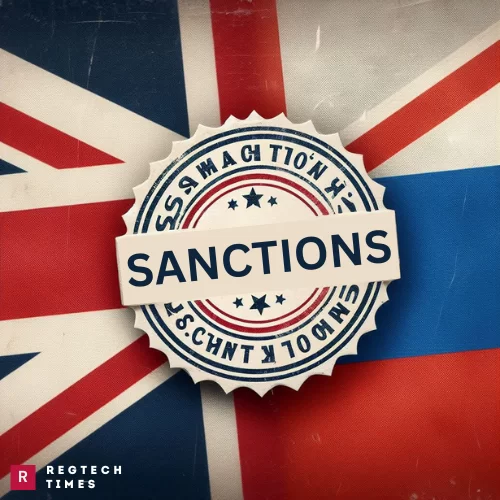After Russia’s invasion of Ukraine in 2022, countries like the United Kingdom imposed tough sanctions to limit Russia’s ability to fund its war efforts. These sanctions were meant to hit Russia’s economy, especially its key income source—oil. However, recent investigations suggest that UK-linked firms might be breaking these sanctions by helping Russia sell oil at higher prices than allowed. While the UK government is investigating, no fines have been issued so far, raising concerns about the effectiveness of these rules.
What Are the Sanctions?
To reduce Russia’s earnings, the UK and other nations put a cap on how much Russian oil can be sold for, limiting it to $60 per barrel. This sanction is important because oil is a major source of money for Russia, and the cap aims to stop them from making big profits. UK-linked firms involved in oil transportation and maritime insurance play a significant role in global trade and are required to follow these rules. If they help Russia sell oil at higher prices, they are breaking the sanctions.
Since the sanctions came into effect, 52 companies connected to the UK have been investigated by the UK Treasury. These investigations, handled by the Office of Financial Sanctions Implementation (OFSI), focus on whether these businesses helped transport or insure oil sold above the $60 limit. As of August 2023, 37 of these investigations remain active, while 15 have been closed with no fines.
Investigations into UK-Linked Firms
The BBC revealed that the identities of the UK-linked firms under investigation have not been disclosed, but it’s believed that some of them are maritime insurance companies. These firms play a critical role in oil shipping, and if they insure or help transport oil that breaks the price cap, they could face penalties.
Serbia Rejects Anti-Russia Sanctions and Stands by Russia
However, critics are concerned that no fines have been handed out yet. Groups like Global Witness, which fights against corruption, are questioning whether the sanctions are being enforced properly. They describe the oil cap as a “paper tiger”—a rule that seems tough but doesn’t have real impact without proper enforcement. Louis Wilson from Global Witness pointed out that many businesses can easily get out of trouble by providing voluntary documents that claim they are following the rules, even if they aren’t.
Some, like Conservative shadow foreign office minister Dame Harriett Baldwin, believe that the oil industry and the UK government need to do more. She suspects that UK-linked firms may still be helping Russian oil enter the UK, possibly by refining it in other countries before bringing it into Britain.
Lack of Penalties Raises Concerns
Despite the number of investigations, no major penalties have been issued so far. This has raised concerns about the government’s ability to enforce the sanctions properly. Wilson from Global Witness also warned that the UK might quietly drop these cases, allowing UK-linked firms to continue their involvement without facing consequences.
The UK Treasury has defended its actions, stating that these cases are complex and take time. They highlighted that Russia’s own reports show a 30% drop in tax revenue from oil sales in 2023, suggesting that the sanctions are hurting the Russian economy. The government also gave OFSI an extra £50 million in funding to help it enforce sanctions more effectively.
Recently, OFSI did issue its first fine related to Russia sanctions, though it was not related to oil. A London-based concierge company, Integral Concierge Services, was fined £15,000 for working with a sanctioned individual whose assets had been frozen. Although the fine was relatively small, it was seen as a sign that the government is beginning to take action.
The issue of UK-linked firms breaking Russia sanctions is still ongoing. Many are waiting to see whether the investigations will lead to significant penalties or whether more companies will manage to avoid punishment altogether.


